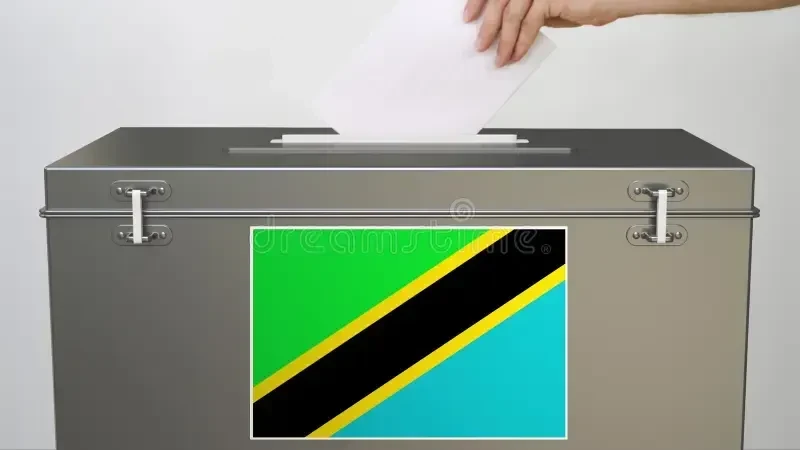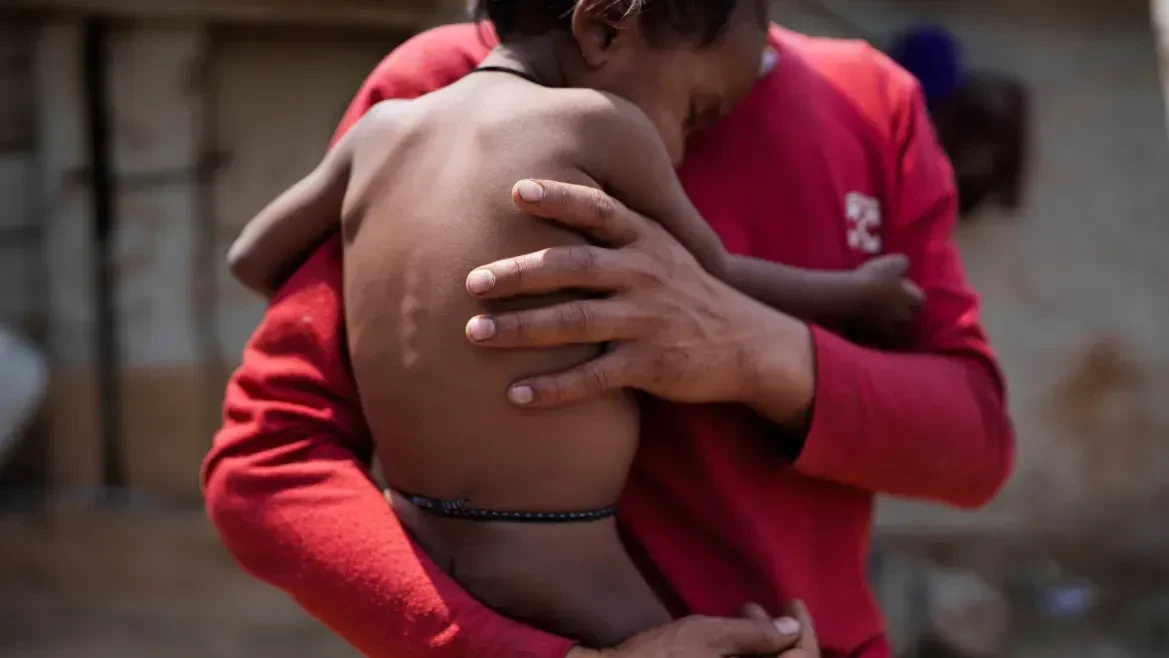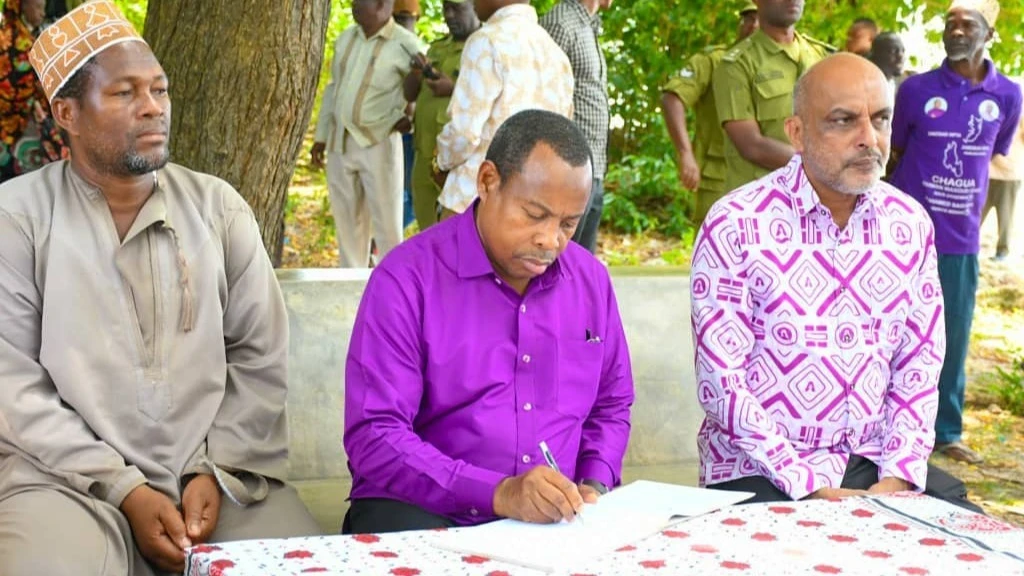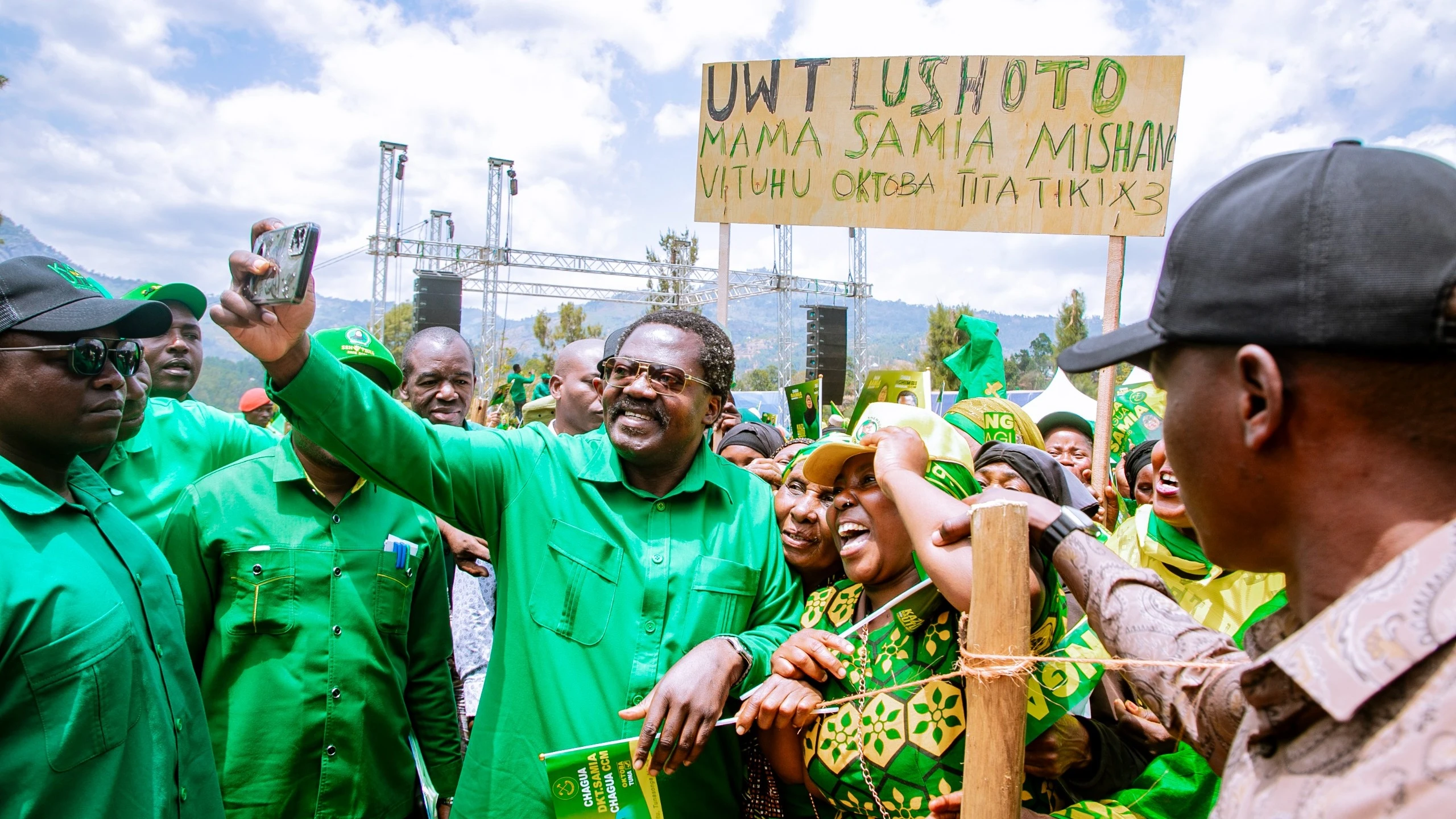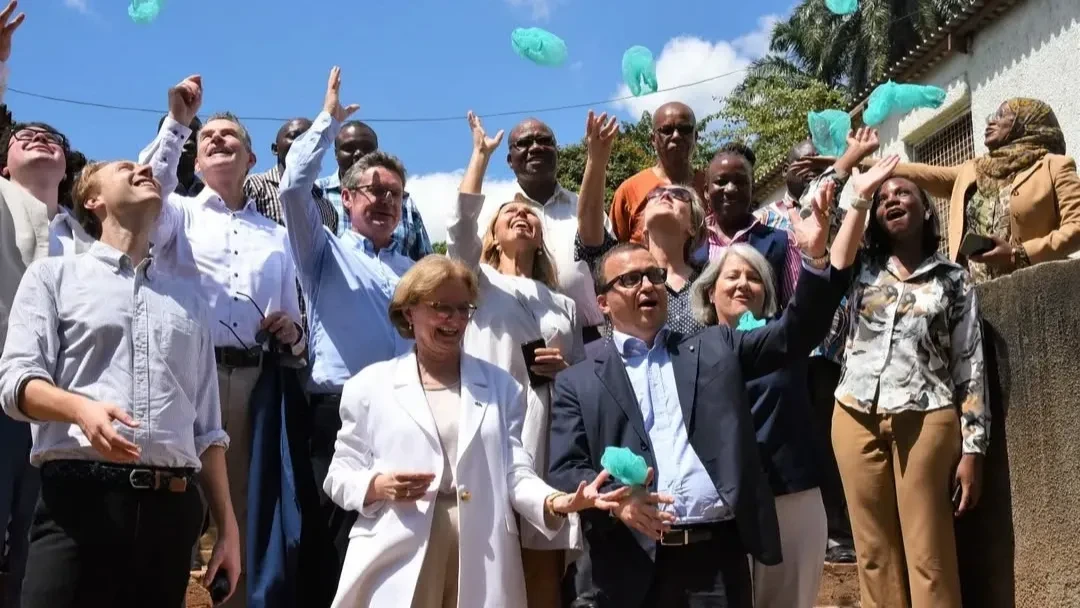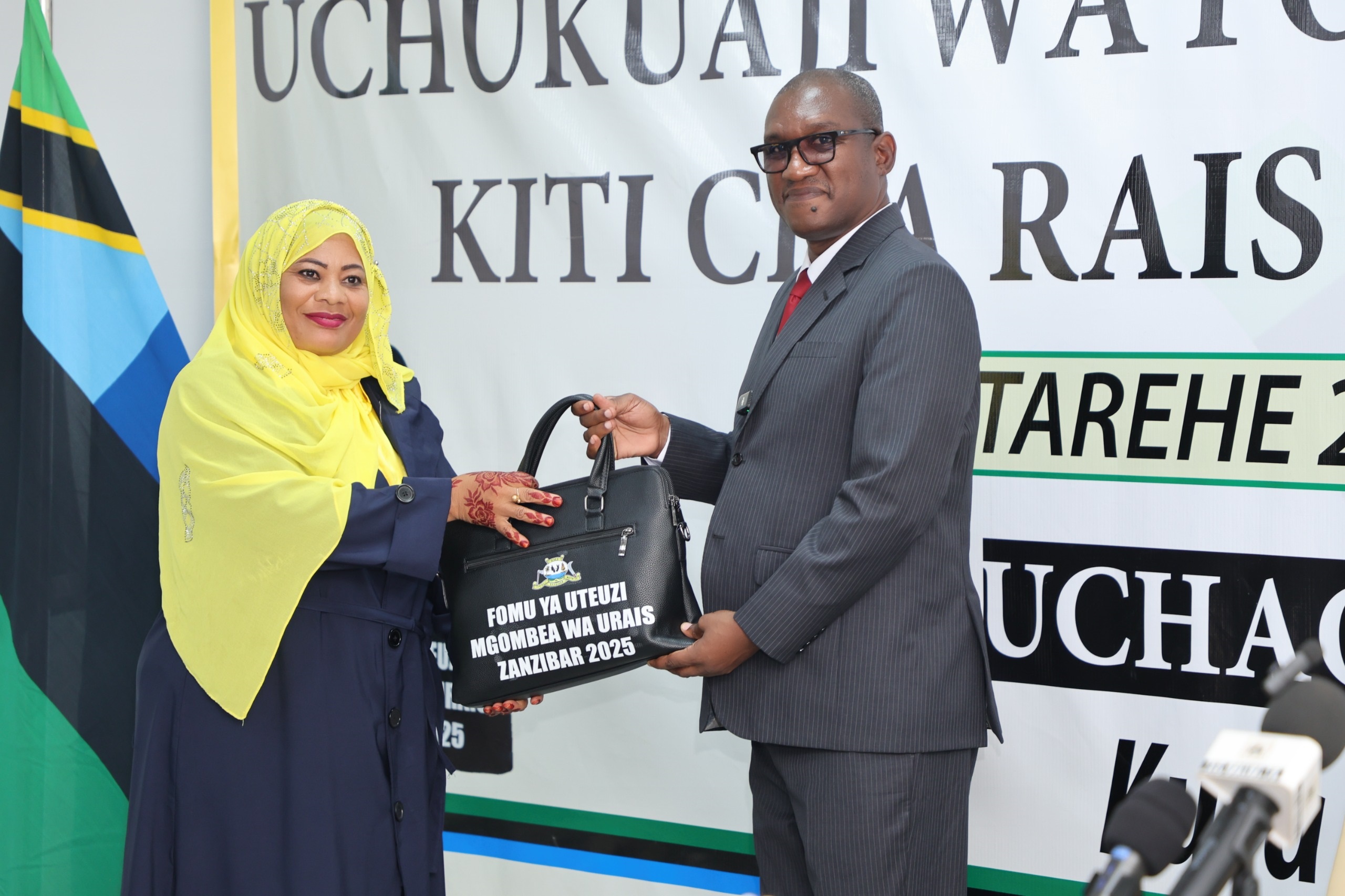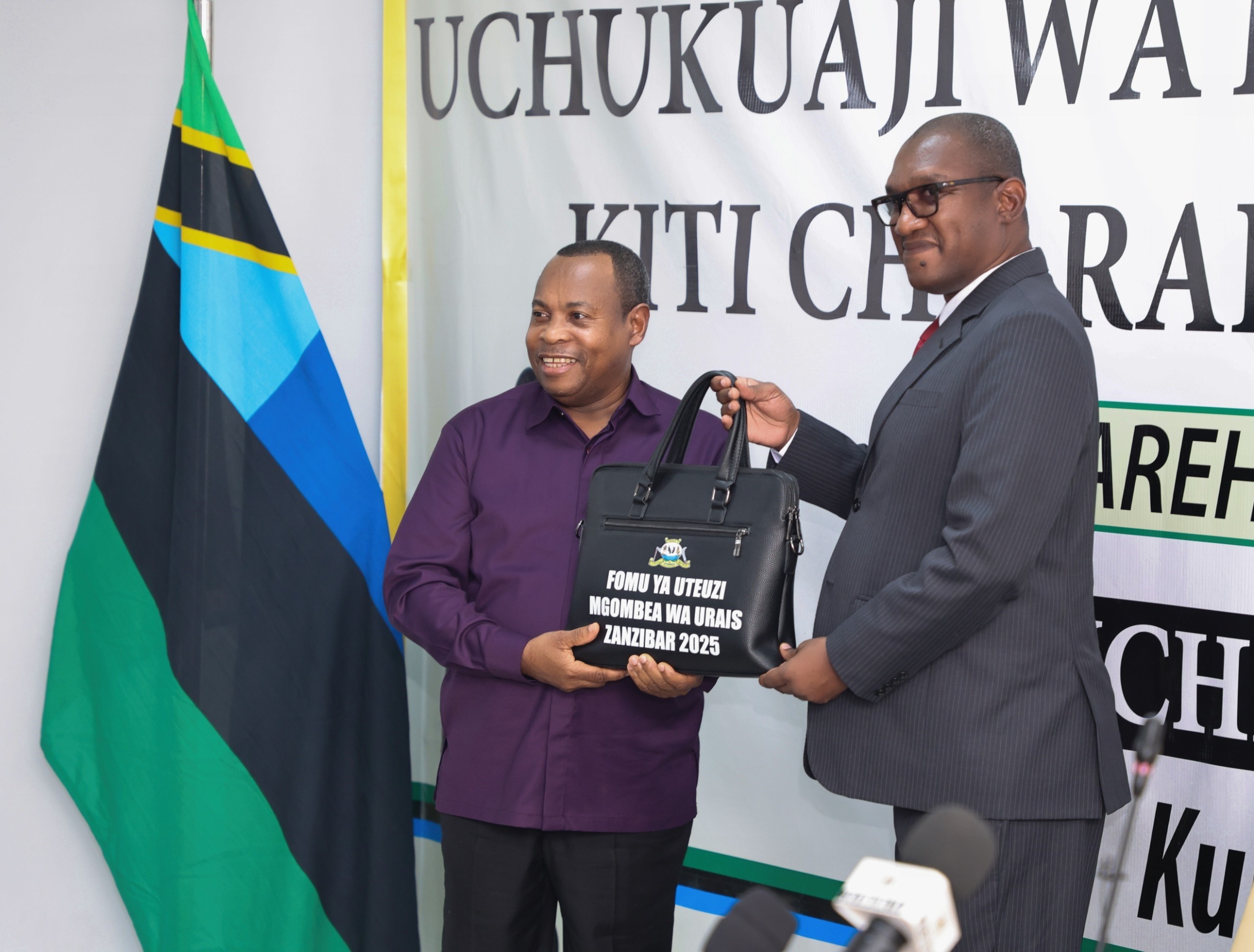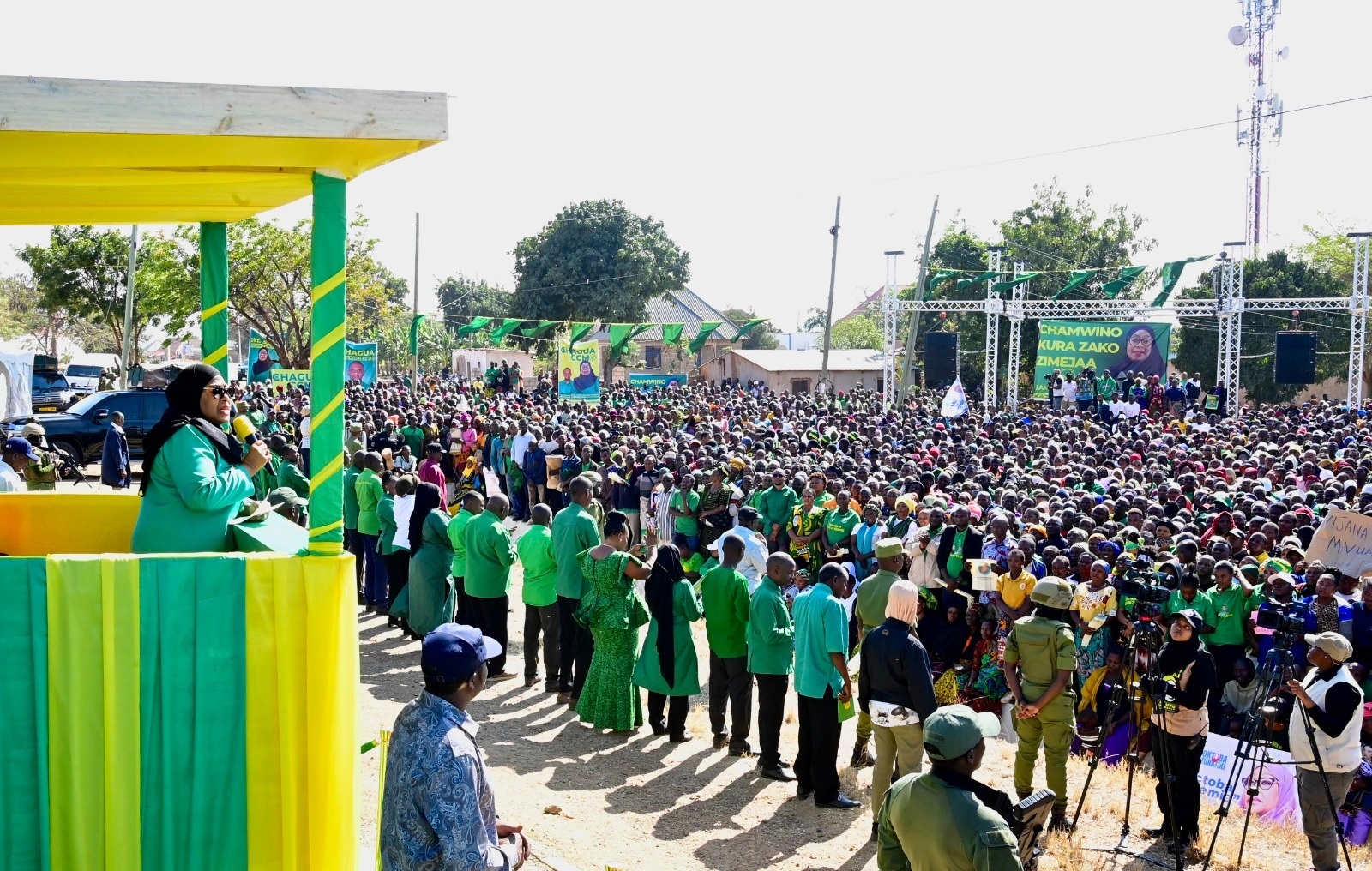12 EU envoys set for major annual agro-sector meet
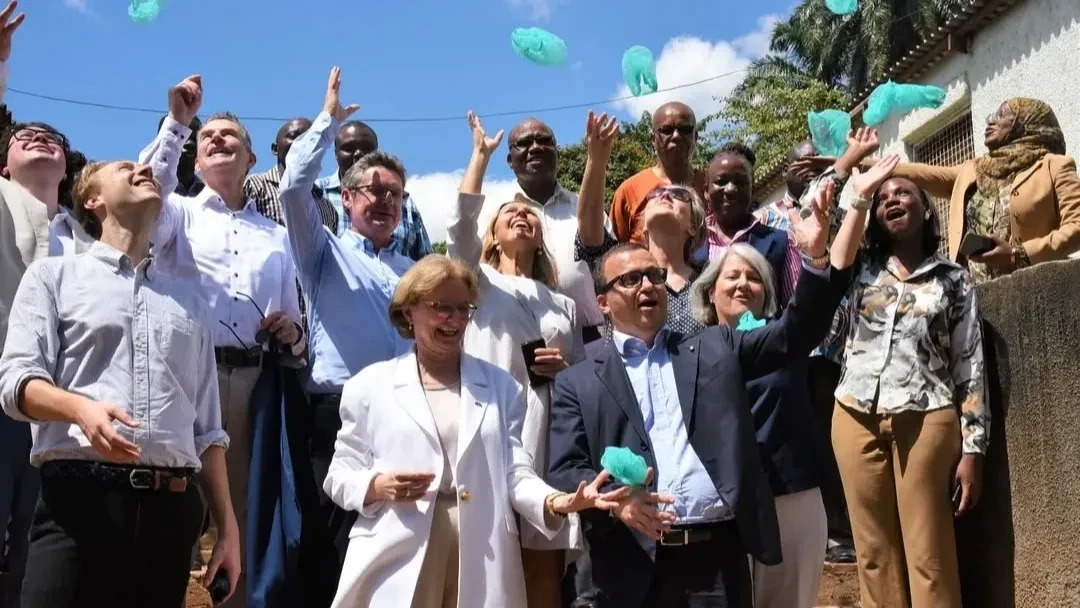
A HIGH level delegation consisting of the European Union (EU) delegation in the country and heads of mission of its member states will spend three days, from 17 to 19 September, in Kilimanjaro Region to engage with agro-sector stakeholders.
Christine Grau, the EU ambassador, said in a statement yesterday that smallholder farmers, agri-business operators, public institutions, local innovators and project beneficiaries are lined up to meet with the delegation.
The delegation set to arrive here anytime now will consist of 12 ambassadors from the EU, Belgium, Denmark, Finland, France, Germany, Ireland, Italy, Netherlands, Poland, Spain and Sweden, the statement affirmed.
They will see how the EU and member states’ support is boosting productivity, access to finance and technology, improving post-harvest techniques and climate resilience; particularly for women and youth, it said.
This effort is being conducted through initiatives such as organic pesticide production, supporting coffee producers and processors, delivering sustainable forestry education and regional research projects, it stated.
The mission underscores the long-term partnership between Tanzania and the EU, coinciding with 50 years of EU-Tanzania relations and 25 years of EU-African Union cooperation, it said, highlighting the tangible impact of Team Europe-funded initiatives in agriculture and horticulture.
The delegation will pay particular attention to listening directly to farmers’ experiences and challenges, as part of an annual initiative of joint trips across Tanzania by EU heads of missions, where last year a similar visit took place in Morogoro Region, it elaborated.
“This visit provides an inspiring opportunity to see the real, positive impact our initiatives are already having on farmers, agro-sector entrepreneurs, institutions and local innovators. Equally, it allows us to hear directly from the people driving change on the ground and learn from their insights,” it said.
“Together with my fellow ambassadors, we are committed to strengthening productivity, sustainability and resilience, building on the long-term partnership between the EU and Tanzania," she stated.
Team Europe’s support in Tanzania is aimed at delivering inclusive, climate-resilient growth, strengthening local livelihoods while promoting sustainable practices across the horticultural and coffee sectors, she further noted.
The European Union (EU) has been a major partner in supporting smallholder farmers in Tanzania through a variety of programmes that focus on production, markets, infrastructure, finance and climate resilience.
One of the flagship initiatives is Agri-Connect, a programme funded at €100m through the 11th replenishment of the European Development Fund. Running from 2019 to 2025, it has concentrated on horticulture, coffee and tea value chains, chiefly in the Southern Highlands and Zanzibar, the statement indicated.
Agri-Connect has helped increase production, improve post-harvest handling and promote value addition while also upgrading rural roads to reduce transport barriers, focusing on climate-smart agriculture plus inclusion of women and youth, it explained.
The programme has already benefited more than 177,000 smallholder farmers, created over half a million jobs and upgraded more than 160 km of rural roads, it stated, noting that the EU has also channelled resources through the Agriculture Financing Initiative (AgriFI), managed by European development finance institutions.
This facility has invested in agro-sector service delivery agencies that work with smallholder farmers like Zanj Spice in Zanzibar that has received support to expand sustainable spice farming.
East Africa Fruits has benefited from investments to reduce post-harvest losses through cold-chain logistics and better market access, investments that strengthen the role of smallholders by providing reliable buyers and improving supply chains, it specified.
Another strand of EU support has been in the Southern Agriculture Growth Corridor of Tanzania (SAGCOT), particularly in rice value chains, where projects valued at about €4.5m target rice farmers in Morogoro and Iringa regions, it said.
Interventions there focus on post-harvest management, competitiveness, financial services and infrastructure development, while the EU has also funded smallholder coffee development projects in Southern Tanzania through the Agricultural Non-State Actors Forum (ANSAF).
These initiatives, involving around 24,000 coffee farmers, are aimed at improving incomes, strengthening nutrition and enhancing the competitiveness of the coffee sector while also working on policy and regulatory reforms, it added.
Top Headlines
© 2025 IPPMEDIA.COM. ALL RIGHTS RESERVED








